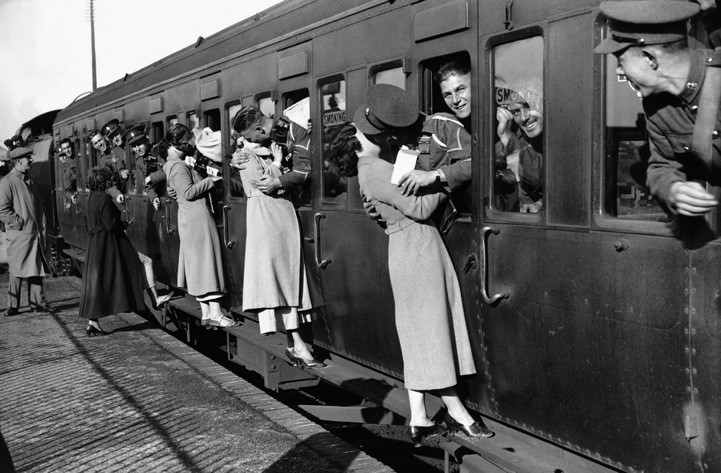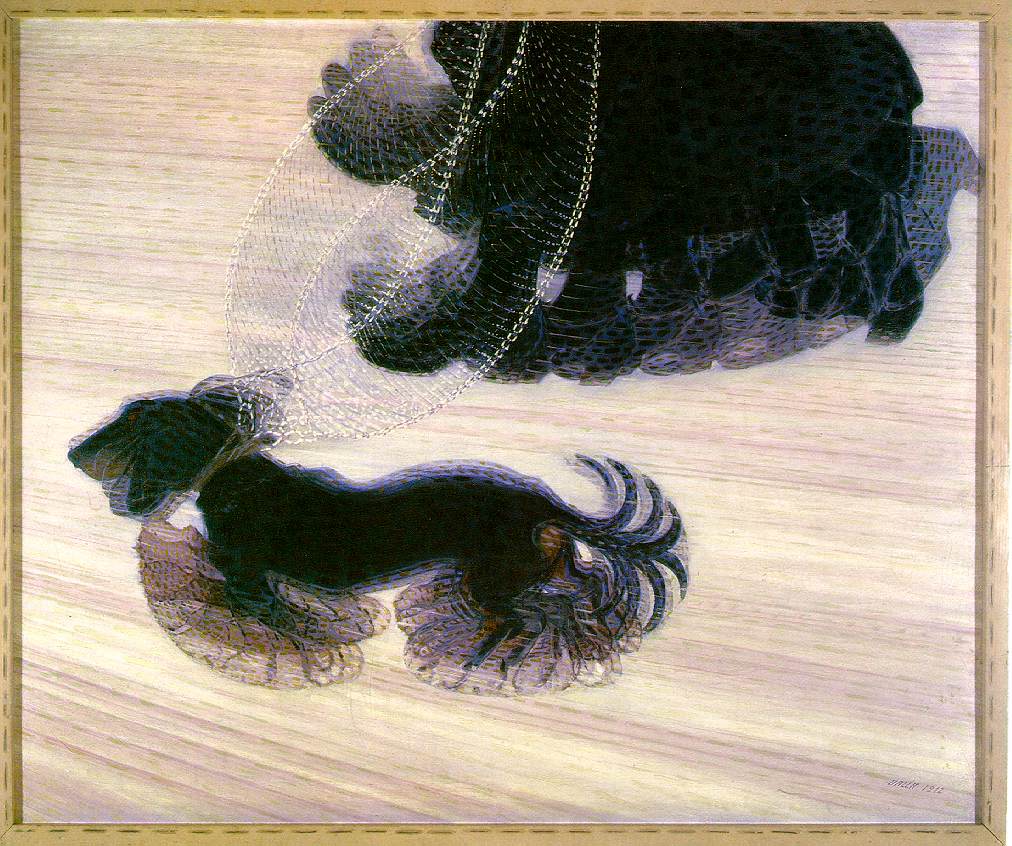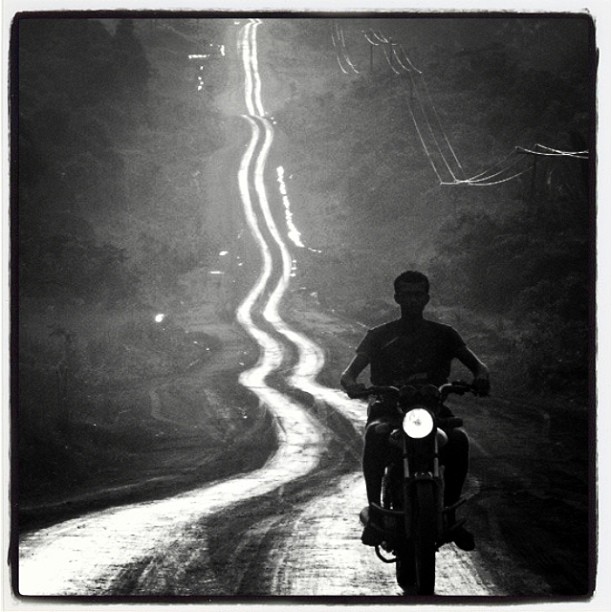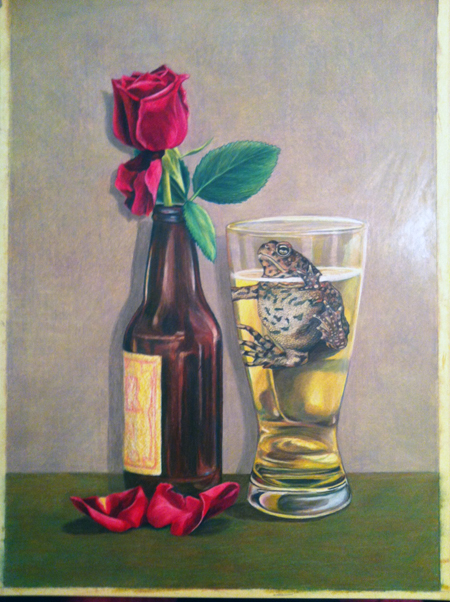Gayle Forman is an American novelist who has recently gained recognition for topping the New York Times best sellers list for Young Adult Fiction. She is best known for her novel If I Stay, which has been turned into a film of the same name.
The motifs she typically explores in her novels include topics such as family, romance, suicide, music, and death. However, behind every novel there is a overriding theme of time that she emphasizes through structural choices. For example, in her novel Just One Day, she writes, “We are born in one day. We die in one day. We can change in one day. And we can fall in love in one day. Anything can happen in just one day.” Using the same pattern of words shows that two or more ideas have the same importance. In this case, Forman uses parallel structure to emphasize the importance and futility of time.
Gayle Forman has inspired me to explore and broaden the genres I read. Despite not being the type of author that I would usually rave about, upon discovering her writing through recommendation, I have come to appreciate the way in which she can take simple–often overworked–ideas like love and impart them in such unique fashions.
The following emulation is inspired by an excerpt from one of her novels. It was written by Manvir, Jasleen, and I for our seminar on this author.
Excerpt:
Sixty-seven nights. I try to rationalize it. Sixty-seven nights is nothing. I try to divide up the number, to fractionalize it, to do something to make it smaller, but nothing divides evenly into sixty-seven. So I break it up. Fourteen countries, thirty-nine cities, a few hundred hours on a tour bus. But the math just makes the whirring go faster and I start to feel dizzy. I grab hold of the tree trunk and run my hand against the bark, which reminds me of Oregon and makes the earth at least close up for the time being. (Where She Went)
Emulation:
“Sixty-Seven nights. I try to rationalize it. Sixty-Seven nights is nothing.”
At least that’s what I try to tell myself.
In those sixty-seven nights I tried to make the time go faster by forgetting you but it only made me want you more.
The first ten days.
Your name never crossed my mind, never whispered down the halls of this empty house, never ripped away a second of my sleep.
The next fourteen days were numb.
Like the calm wind that precedes a storm, its anguish chilled me until the ghost of your lips on my skin froze in place, and I could pretend that you were still with me.
The next twenty-six days were spent in solitude.
I felt as if I was trapped in prison, no matter how far I reached out between the iron bars, all that awaited me on the other side was air.
As I sorely swallowed the blood from silencing my tongue I’m reminded of the iron bars keeping me from you.
Then next ten days.
I find myself at our favorite place day and night.
It takes all that’s in me not to jump.
It hurts me to realize that a place I once loved has now become a bittersweet death trap.
The last seven days.
I do not have the strength any longer.
Every step I take I sink a little further and every call I make you don’t pick up.
Maybe you’ll realize my worth when you can no longer reach me
For the sixty-seven nights are now over.








